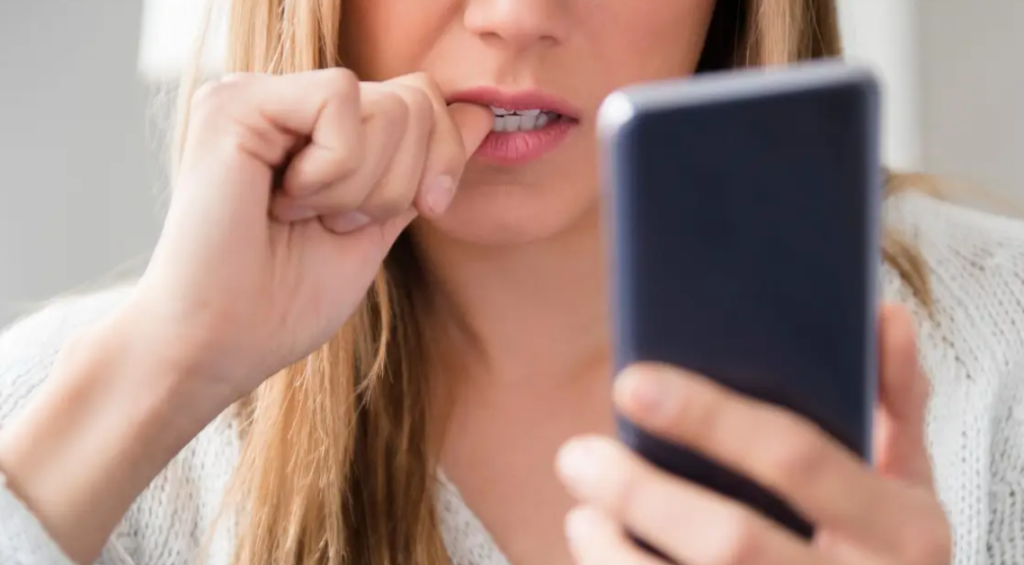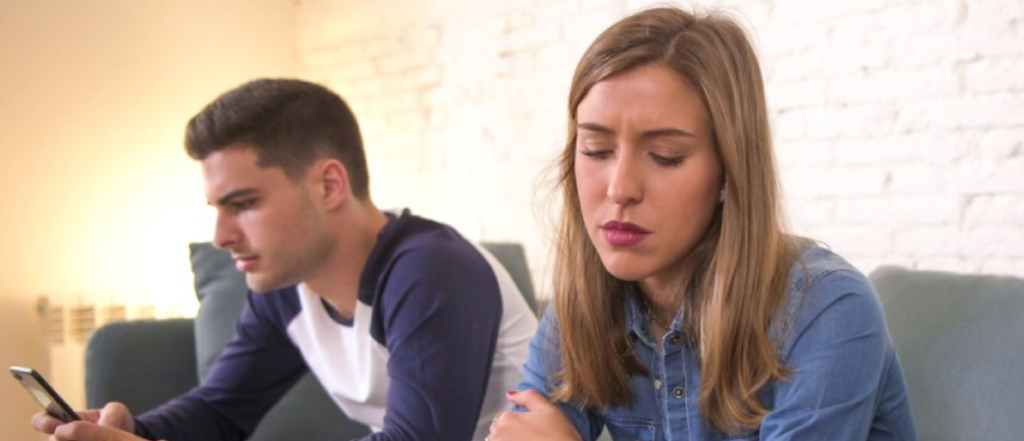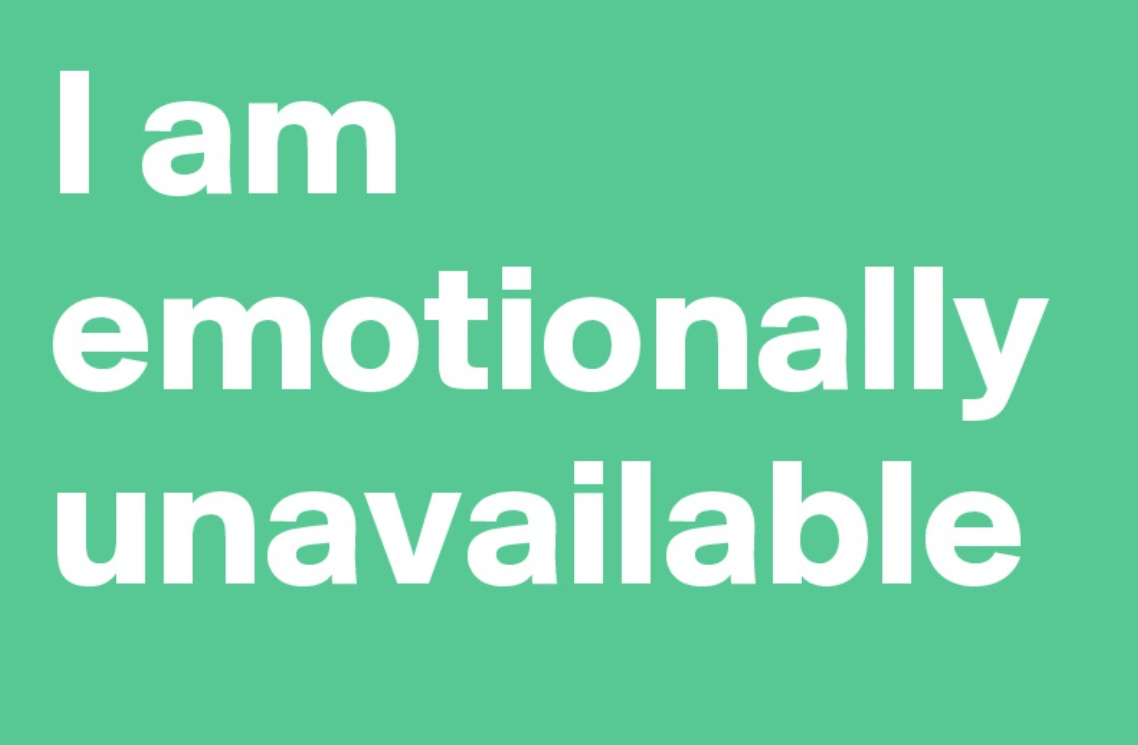If you feel like you’re Emotionally Available unavailable, it’s time to look at why. This might be due to childhood trauma or a relationship that hurt you.
Emotionally unavailable people are often afraid of getting hurt in new relationships and hesitant to open up about their emotions. This can lead to a lack of intimacy and connection in a relationship, explains BetterHelp.
You’re able to share your feelings.
Emotional availability in relationships is crucial to forming and sustaining healthy connections. People with high emotional availability are willing to feel emotions and express them openly, even when those feelings might not be comfortable.
The ability to share your feelings does not come naturally for many people, but it’s a skill that can be taught and practiced. Learning how to express your emotions genuinely and respectfully can help you build trust with your partner and improve your relationship.
Some of the best ways to become more emotionally available in your relationships are by becoming mindful of your feelings and noticing how it affects your interactions with others. If you need more guidance in this area, try talking to a therapist or other trusted resource for support.
Another thing to keep in mind is timing. If you share your feelings too soon or too late, you may set yourself up for disappointment and adverse reactions.
It’s also important to understand that emotions come and go. Taking a step back and letting your feelings pass will allow you to be more present with your partner and not let them overshadow your current mood.
Sitting with a complex situation and resolving it is another crucial indicator of emotional availability. This means that you can handle the conflict that comes up in a relationship without shutting down or pulling away.
You may also be able to express your feelings adequately if you’re open about your experiences with others and explain the context of what was happening. This can be an effective way to make the other person aware of how they might have contributed to a specific situation or what they might need to do to fix it.

Having an understanding of how you can be more emotionally available is a valuable skill for everyone to have. It’s crucial for romantic partners because a lack of romantic feelings can indicate that someone isn’t ready to be intimate with you. This might happen because they’re not fully committed to the relationship, or they might be dealing with a significant life challenge that makes them less emotionally available.
You’re able to be vulnerable.
You may struggle to sustain healthy relationships if you’re not emotionally available. Being in an emotionally open relationship means you can share your feelings and connect with others on a deep level.
Emotional availability is a quality that can be learned and developed over time. It can help you build a more intimate connection with your partner, so practicing and improving over time is essential.
Some people are naturally more emotionally available than others, while others find it challenging to open up. This can be because of some factors, including childhood experiences or past traumas.
Other reasons someone may be emotionally unavailable include fear of intimacy, insecurities, and anxiety. These factors can be addressed by working with a therapist, practicing mindfulness, and acknowledging your emotions.
A relationship that’s not emotionally available may not feel like it has any potential to grow and become strong, so it’s essential to explore why you might not be as functional as you’d like. This can help you identify how to improve your emotional availability and increase your chances of a long-term relationship with someone who shares your values.
One of the most common things people are afraid to do is be vulnerable in a romantic relationship. It can be hard to overcome this fear, but it’s not impossible.
If you’re struggling to be more vulnerable, talk to a trusted friend or family member about your fears and ask for help. This will help you gain confidence and see that opening up is okay.
Working with a counselor is also a good idea, as they can help you learn the skills you need to be more emotionally available in your life and relationships. Counseling can also help you address the root causes of your emotions and create boundaries with your partner.
While being vulnerable can be scary, it’s worth it for a healthy and loving relationship. It can also help you better understand yourself, leading to happier relationships and a greater sense of self-worth.

You’re able to communicate your needs.
We hear a lot about communication, but few things in life are more important than our emotional well-being. When you can identify and meet your needs healthily and satisfyingly, you will experience a level of connection that will bring about lasting happiness.
The best way to do this is to start with some self-reflection on what you are feeling and what your needs are. This can be done in some ways, from meditation to an app like Calm or Headspace.
Once you have identified your needs, it is time to communicate them with aplomb. The most effective way to do this is by using the correct vocabulary. For example, instead of saying, “I am hungry,” say something more eloquent like “I need some sustenance.” A good rule of thumb is to always be clear on the precise nature of your request so that you don’t come off as a whiner or nag.
Identifying and communicating their needs can be daunting for many people, but it is also one of the most critical parts of any relationship. When you can get this vital step right, you will be a happier, more fulfilled partner in no time. The most important thing to remember is that you are not alone in your struggles, and there is no shame in asking for help when needed.
You’re able to be present.
As a woman, one of your most considerable gifts is the ability to be emotionally available. Whether you’re in a relationship with family or friends, it’s essential to share your feelings with those you love. When you can express yourself, it can help strengthen the bonds between you and the people in your life.
If you struggle to be present, there are several ways that you can practice mindfulness to improve your overall well-being. For example, you can try a body scan meditation to consciously pay attention to all your bodily sensations and how they feel. You can also focus on the thoughts going through your mind, observing them as they come and go.
Another way to be present is to practice mindful eating and exercise. By listening to your body, you can determine whether it needs more energy or rest in a given moment. It’s also possible to practice urge surfing, a coping skill that involves accepting cravings without judgment and allowing them to pass.
When you’re stressed or overwhelmed, it’s easy to get caught up in your mind and forget to be in the moment. You may think about the to-do list you must tackle that day or worry about what went wrong in your meeting earlier.
In both cases, it’s essential to stay focused and avoid jumping from task to task as you try to complete them. This can cause you to miss important details, leading to stress and a compromised sense of well-being.
Practicing mindfulness can be challenging for women, as many of us use distractions as a coping mechanism when we’re struggling with emotions. But if you’re committed to being present, you’ll notice the benefits over time.
